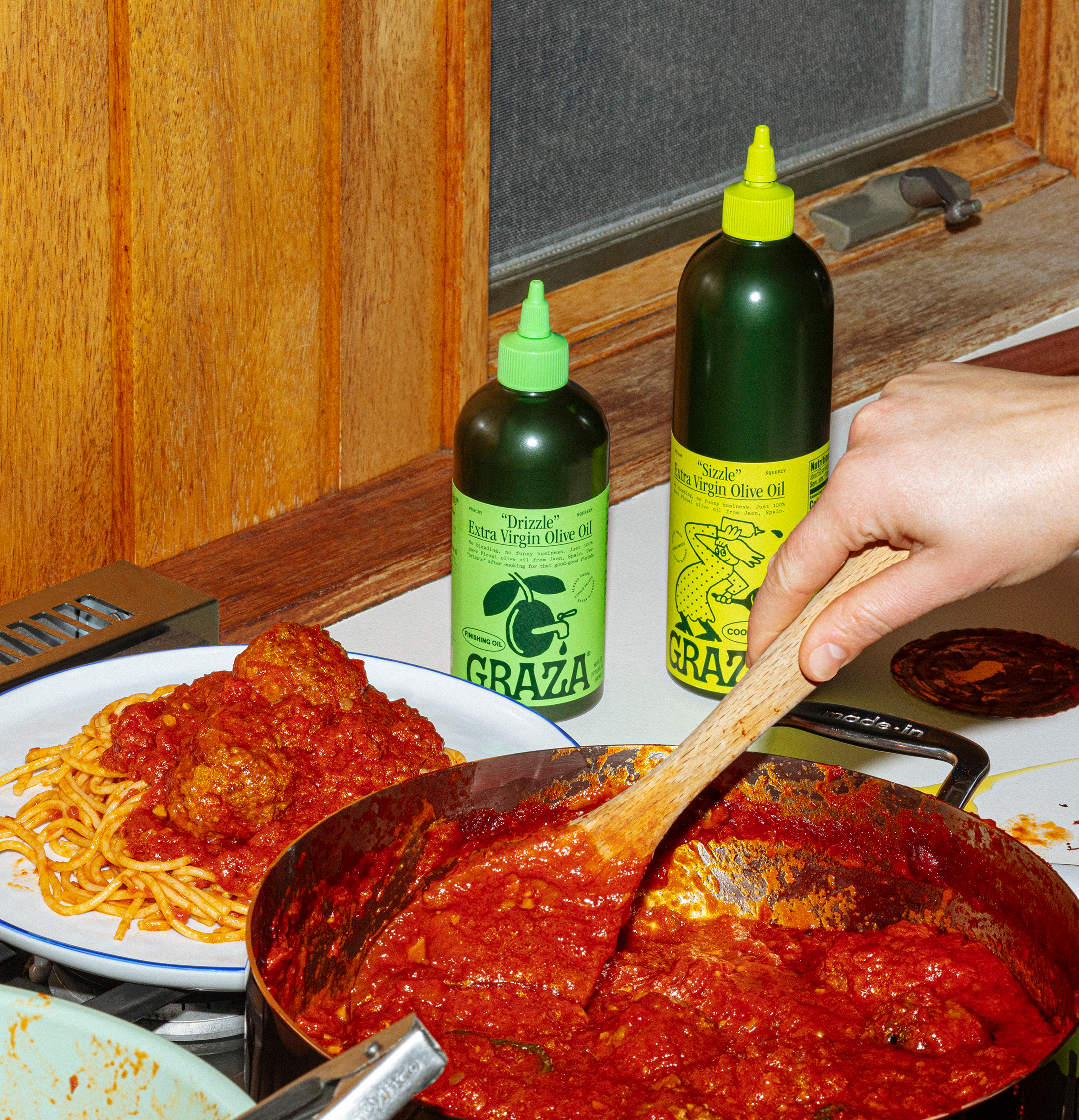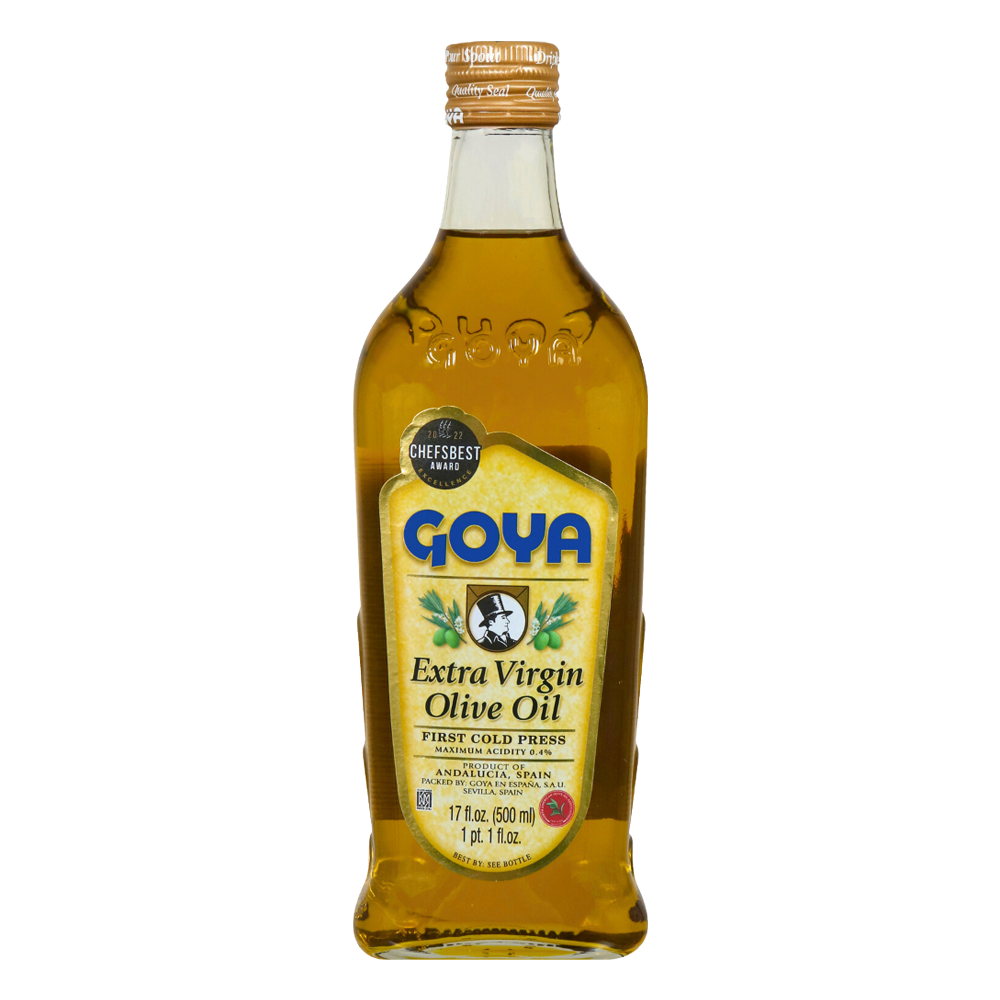Unlock the Hidden Extra Virgin Olive Oil Benefits for Weight Loss
Wiki Article
Discovering the Different Types of Olive Oil and Their Usages, Including Bonus Virgin Olive Oil
The exploration of olive oil incorporates a diverse array of types, each offering cooking applications and distinctive flavors. Extra virgin olive oil, renowned for its superior top quality and health and wellness advantages, serves as a staple in many kitchen areas, yet it is just one facet of this diverse component.What Is Olive Oil?
Acquired from the fruit of the olive tree, olive oil is a staple in Mediterranean cuisine and an essential active ingredient in numerous culinary applications. This versatile oil is created by pushing entire olives, resulting in a liquid that varies in color, scent, and taste relying on the type of olives made use of, the area of cultivation, and the extraction process. Olive oil is primarily made up of monounsaturated fats, particularly oleic acid, which is known for its potential health benefits, including anti-inflammatory buildings and cardio support.In enhancement to its cooking usages, olive oil has a long history of application in conventional medicine and skin care, owing to its abundant antioxidant web content (extra virgin olive oil benefits). The oil is often utilized in dressings, sauces, and for cooking techniques such as sautéing and roasting. Its unique flavor profile can enhance the preference of different meals, making it a crucial active ingredient for both home chefs and expert chefs
Furthermore, olive oil is commemorated for its duty in the Mediterranean diet regimen, which is related to various health advantages. As recognition of these advantages grows, olive oil remains to get popularity worldwide as a fundamental part of a healthy and balanced way of life.
Types of Olive Oil
Recognizing the different types of olive oil is crucial for both health-conscious consumers and cooking enthusiasts. Olive oil is identified mainly based upon its extraction approach and high quality, which substantially affects its taste, scent, and wellness benefits.
Light olive oil, regardless of its name, describes a lighter flavor and not lower calories. It is excellent for those looking for a much more subtle preference in marinates and dressings. Additionally, there are flavorful olive oils instilled with herbs, seasonings, or citrus, which can improve dishes without the need for added spices.
Each kind of olive oil offers particular culinary functions, and recognizing these distinctions enables customers to make informed choices that align with their cooking designs and wellness goals.
Bonus Virgin Olive Oil
Bonus virgin olive oil (EVOO) is commonly considered the best quality olive oil offered, renowned for its abundant flavor and many health benefits. To be identified as extra virgin, the oil has to be produced from fresh olives utilizing mechanical procedures, without making use of solvents or too much heat. This careful method protects the oil's all-natural flavors, anti-oxidants, and healthy and balanced fats, leading to an item with a reduced acidity degree of much less than 0.8%.EVOO is abundant in monounsaturated fats, especially oleic acid, which is connected to reduced swelling and boosted heart health. It likewise has polyphenols, powerful antioxidants that might supply protective impacts versus persistent conditions. The flavor profile of EVOO can vary dramatically depending on the olive range and area of manufacturing, varying from grassy and fruity to durable and sharp.

Culinary Use Olive Oil

In cooking, olive oil can be made use of for sautéing, toasting, and barbecuing, providing a healthier option to butter or other fats. Its high smoke point makes it ideal for various cooking techniques, while its antioxidants add to a heart-healthy diet regimen. Drizzling olive oil over finished recipes, such as pasta, fish, or smoked vegetables, can boost flavors and add a touch of beauty.
Furthermore, olive oil plays a significant duty in cooking, where it can replace traditional fats in dishes for bread and pastries, passing on moisture and a refined taste. It also offers as a base for infused oils, allowing cooks to try out tastes such as garlic, natural herbs, or chili, even more expanding its cooking potential. On the whole, olive oil's convenience makes it vital in both home and expert cooking areas.
Deciding On Quality Olive Oil
When picking high quality olive oil, it's vital to take into consideration a number of key aspects that influence the item's health, scent, and taste benefits. Most importantly, go with additional virgin olive oil (EVOO), which is stemmed from the very first cool pushing of olives and consists of the highest possible levels of anti-oxidants and beneficial compounds. Search for oils that are accredited by identified organizations, as this commonly makes certain adherence to strict high quality criteria.The product packaging also plays a significant function in maintaining the oil's honesty. Choose oils stored in dark glass bottles or tins to safeguard against light destruction. Pay focus to the harvest day; fresher oils offer exceptional flavor and dietary worth, so choose items that are within 18 months of their harvest.
On top of that, take into consideration the beginning of the oil. High-grade olive oils often come from specific regions known for their distinct flavor profiles, such as Italian, Spanish, or Greek oils. Finally, know the taste; a good top quality olive oil should have a balance of fruity, bitter, and sharp notes, showing its splendor and complexity. By evaluating a fantastic read these factors, you can ensure you are selecting the very best olive oil for your cooking needs.
Conclusion
In recap, the expedition of numerous kinds of olive oil reveals unique characteristics and applications, with additional virgin olive oil standing for the pinnacle of top quality due to its reduced acidity and go to this web-site high antioxidant content. Its adaptability in cooking usages enhances flavors in dressings, sauces, and drizzles. Comprehending the different selections of olive oil enables informed options in food preparation approaches, advertising healthier techniques while enriching the total gastronomic experience. Quality option stays critical for optimal benefits.Acquired from the fruit of the olive tree, olive oil is a staple in Mediterranean food and a key active ingredient in various culinary applications.The most typical kinds of olive oil include fine-tuned olive oil, pure olive oil, and light olive oil.Bonus virgin olive oil (EVOO) is widely related to as the highest possible quality olive oil offered, popular for its abundant flavor and various wellness advantages. Opt for extra virgin olive oil (EVOO), which is obtained from the very first cool pushing of olives and contains the highest levels of antioxidants and useful compounds.In summary, the exploration of different types of olive oil exposes distinctive features and applications, with added virgin olive oil representing the peak of quality due to its reduced level of acidity and high antioxidant web content.
Report this wiki page